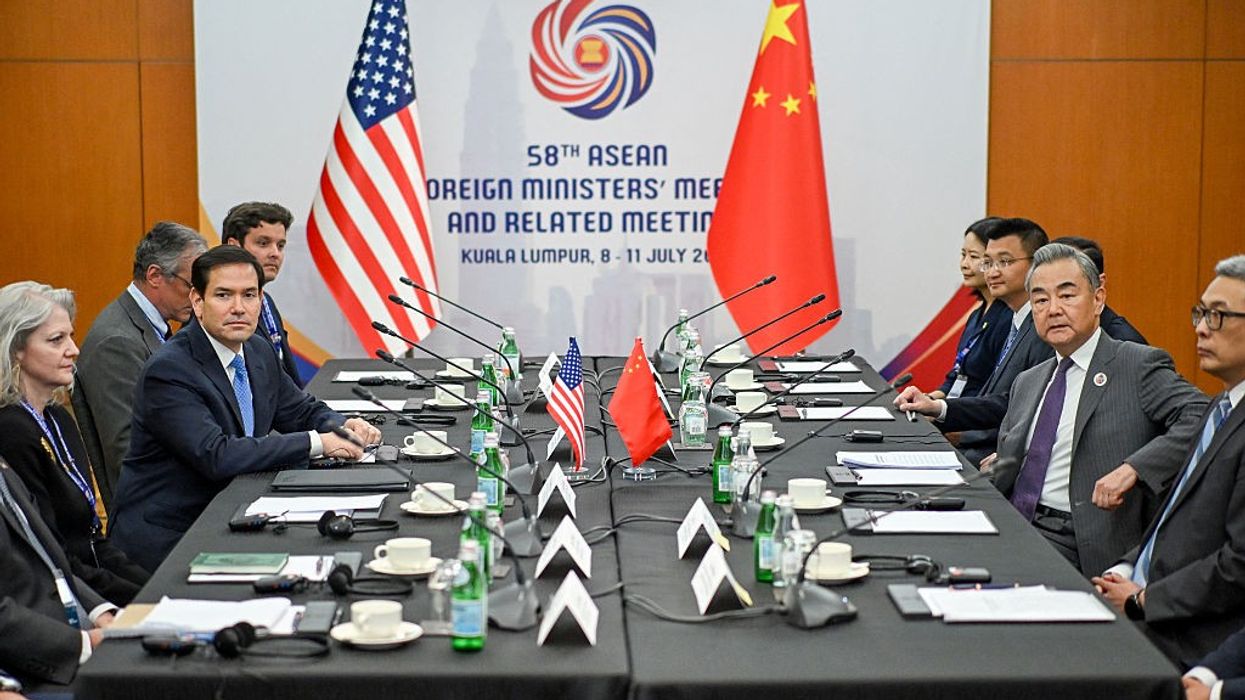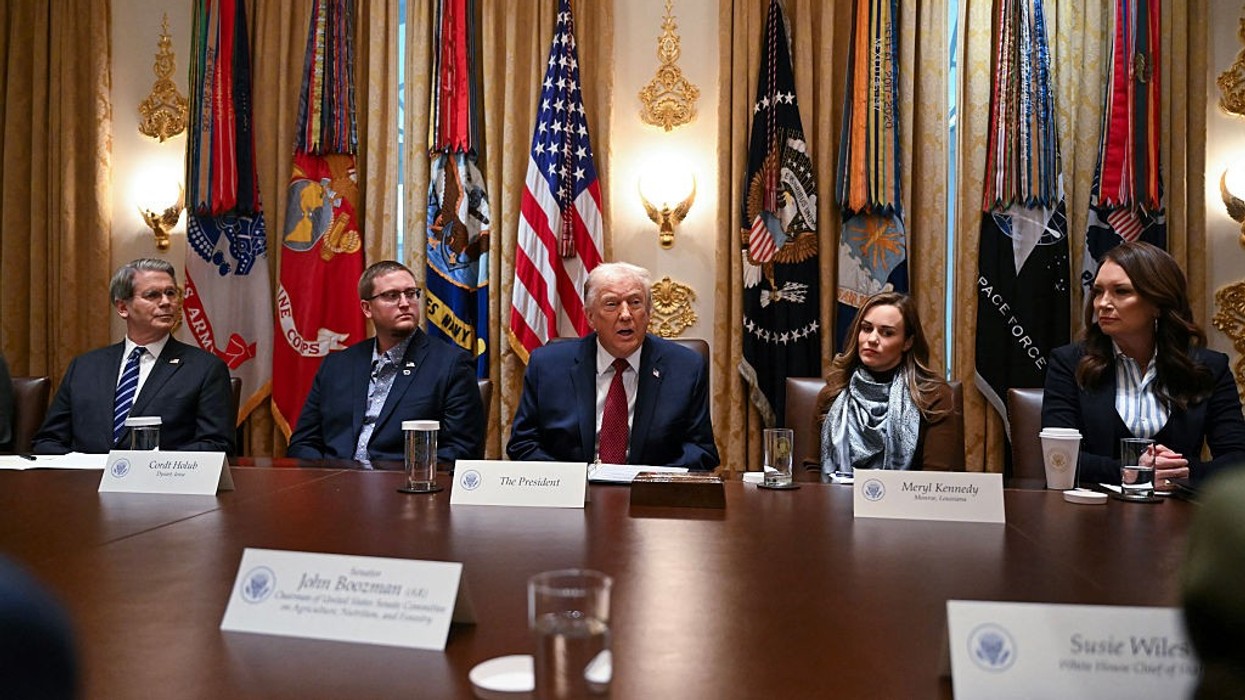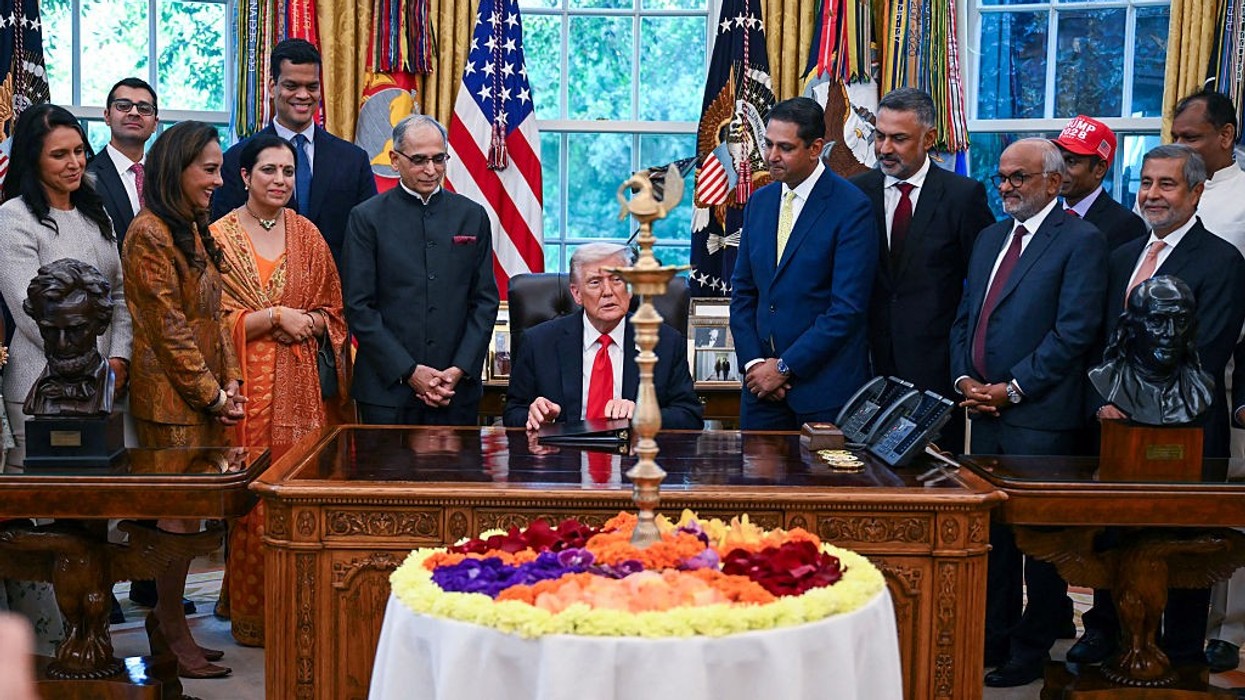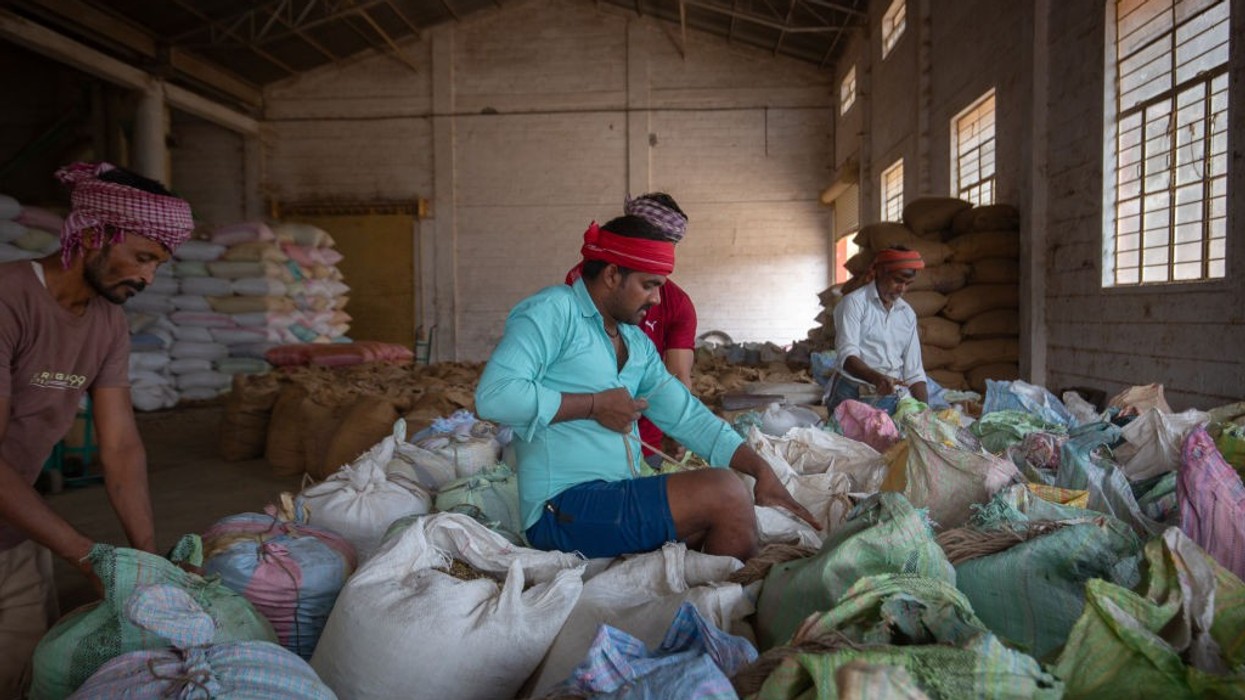US Secretary of State Marco Rubio concluded his first official trip to Asia on Friday with a high-stakes meeting in Kuala Lumpur, Malaysia, where he held face-to-face talks with Chinese Foreign Minister Wang Yi. The meeting, which took place on the sidelines of the Association of Southeast Asian Nations (ASEAN) security forum, came at a time of escalating trade tensions and broader geopolitical unease between the United States and China.
Diplomatic Engagements Amid Rising Tensions
Rubio’s discussions with Wang Yi marked his first in-person engagement with the Chinese foreign minister and followed a series of talks with regional leaders focused on security and economic cooperation. The backdrop to these meetings was a growing global concern over US trade policies, particularly President Donald Trump’s threat to impose sweeping tariffs on both allies and rivals, including China. These threats have drawn criticism from China, which accuses the US of destabilizing global trade and undermining development prospects for other nations.
Neither Rubio nor Wang made public statements as they met for photographs, reflecting the sensitive and complex nature of the discussions. The meeting occurred less than a day after Rubio’s separate talks with Russian Foreign Minister Sergey Lavrov, where the two discussed potential avenues to restart Ukraine peace negotiations.
Trade, Security, and the Shadow of Russia
The US-China meeting was shaped by a host of contentious issues, from tariffs and trade imbalances to China’s support for Russia amid the ongoing war in Ukraine. Since the Biden administration, the US has accused China of aiding Russia’s military-industrial efforts—a view Rubio said the Trump administration shares. “I think the Chinese clearly have been supportive of the Russian effort, and I think that generally they’ve been willing to help them as much as they can without getting caught,” Rubio commented, suggesting these concerns would be raised with Wang.
While Southeast Asian counterparts voiced concerns about US tariffs, Rubio emphasized that security issues and the desire for US partnership were also central to regional discussions. “Of course, it’s raised. It’s an issue,” Rubio said of the tariffs. “But I wouldn’t say it solely defines our relationship with many of these countries. There are a lot of other issues that we work together on, and I think there was great enthusiasm that we were here and that we’re a part of this.”
China Pushes Back on Tariffs, Courts Southeast Asia
China, meanwhile, has pushed back strongly against the US tariff threats. Wang Yi, in meetings with Southeast Asian leaders, accused the US of “abusing tariffs, wrecking the free trade system and disrupting the stability of the global supply chain.” He told his Thai counterpart that the tariffs were “an attempt to deprive all parties of their legitimate right to development.” Wang also assured Cambodian leaders that China would remain a reliable partner amid global turbulence.
Wang and Lavrov, after their own meeting, issued a joint statement warning against outside powers—implicitly the US—creating divisions and confrontation in Southeast Asia, instead supporting ASEAN’s central role in maintaining regional stability.
Regional Reactions and the Path Forward
Rubio found support from Australian Foreign Minister Penny Wong, who underscored the importance of continued US engagement for regional balance. “We want to see a region where no one country dominates and no country is dominated,” Wong said. She also stressed the need for engagement with China, noting that dialogue remains essential for stability.
As Rubio’s trip concluded, the meetings underscored the complex interplay of competition and cooperation shaping US-China relations and the broader Indo-Pacific region. With trade tensions unresolved and security concerns mounting, the diplomatic path forward remains fraught but crucial for global and regional stability.















